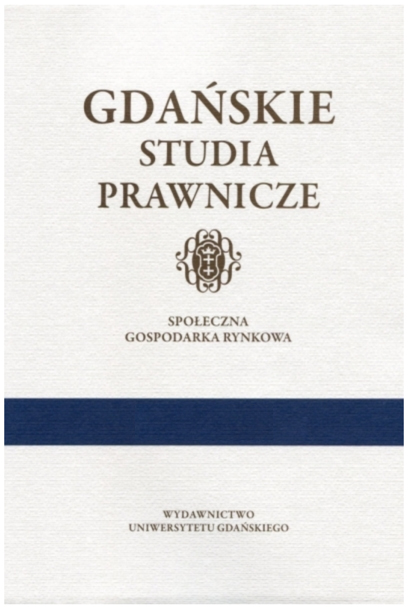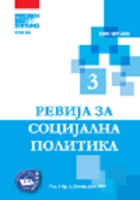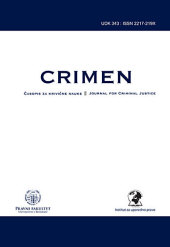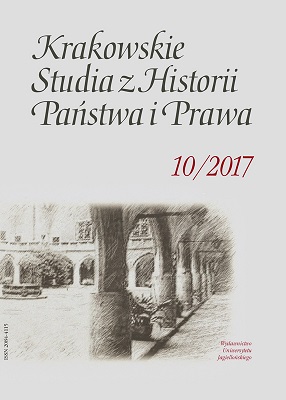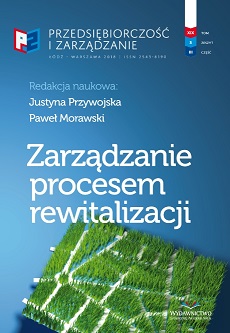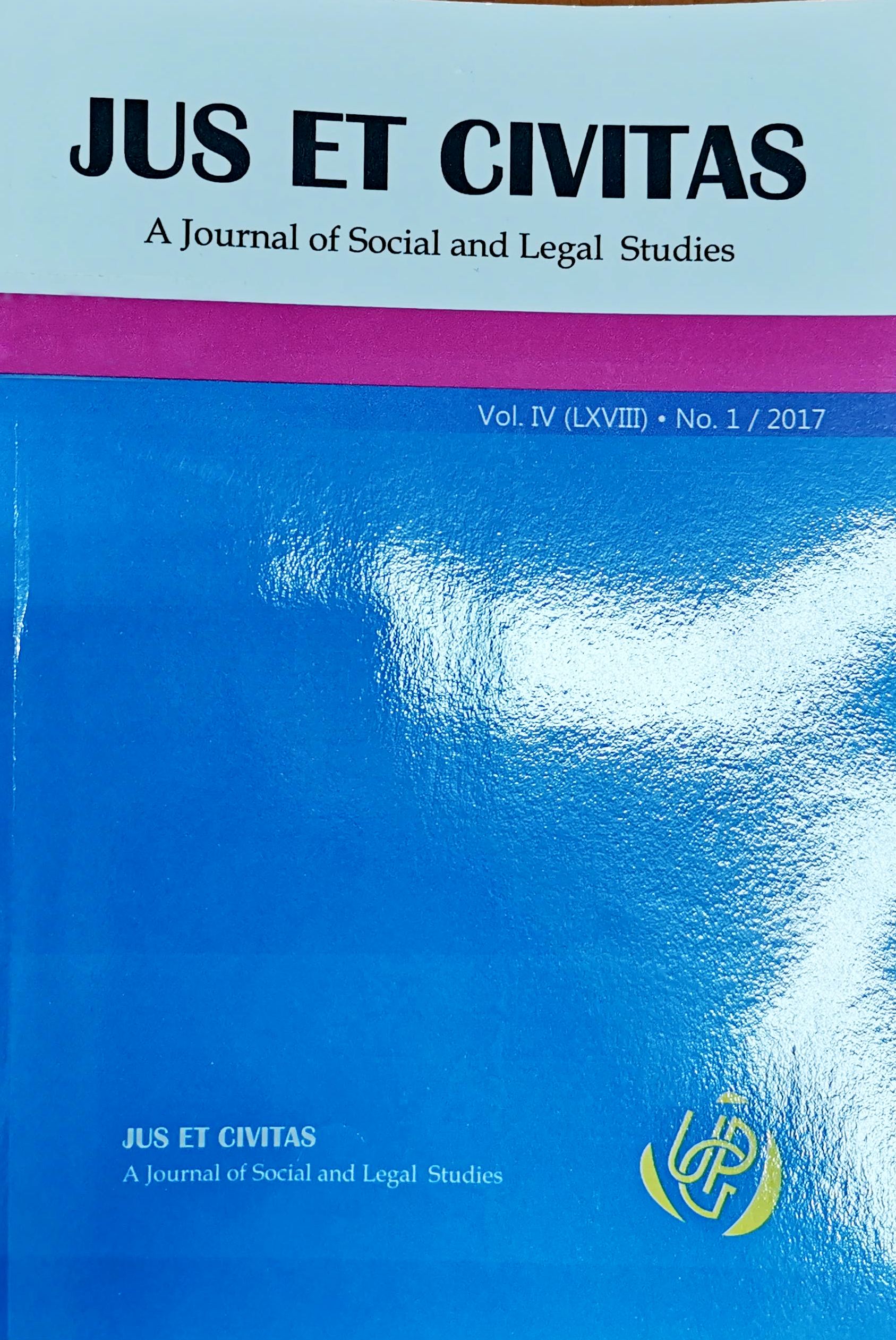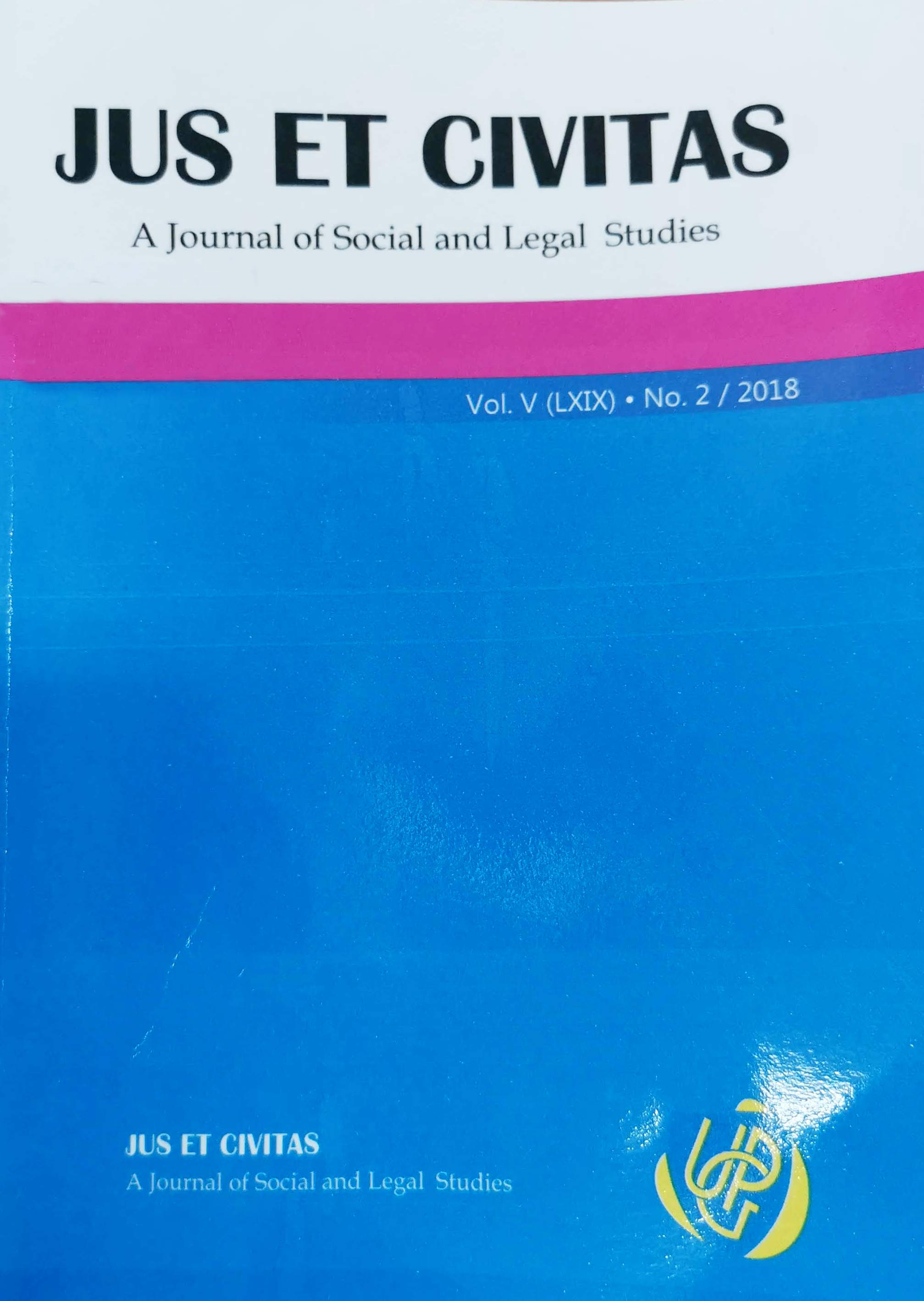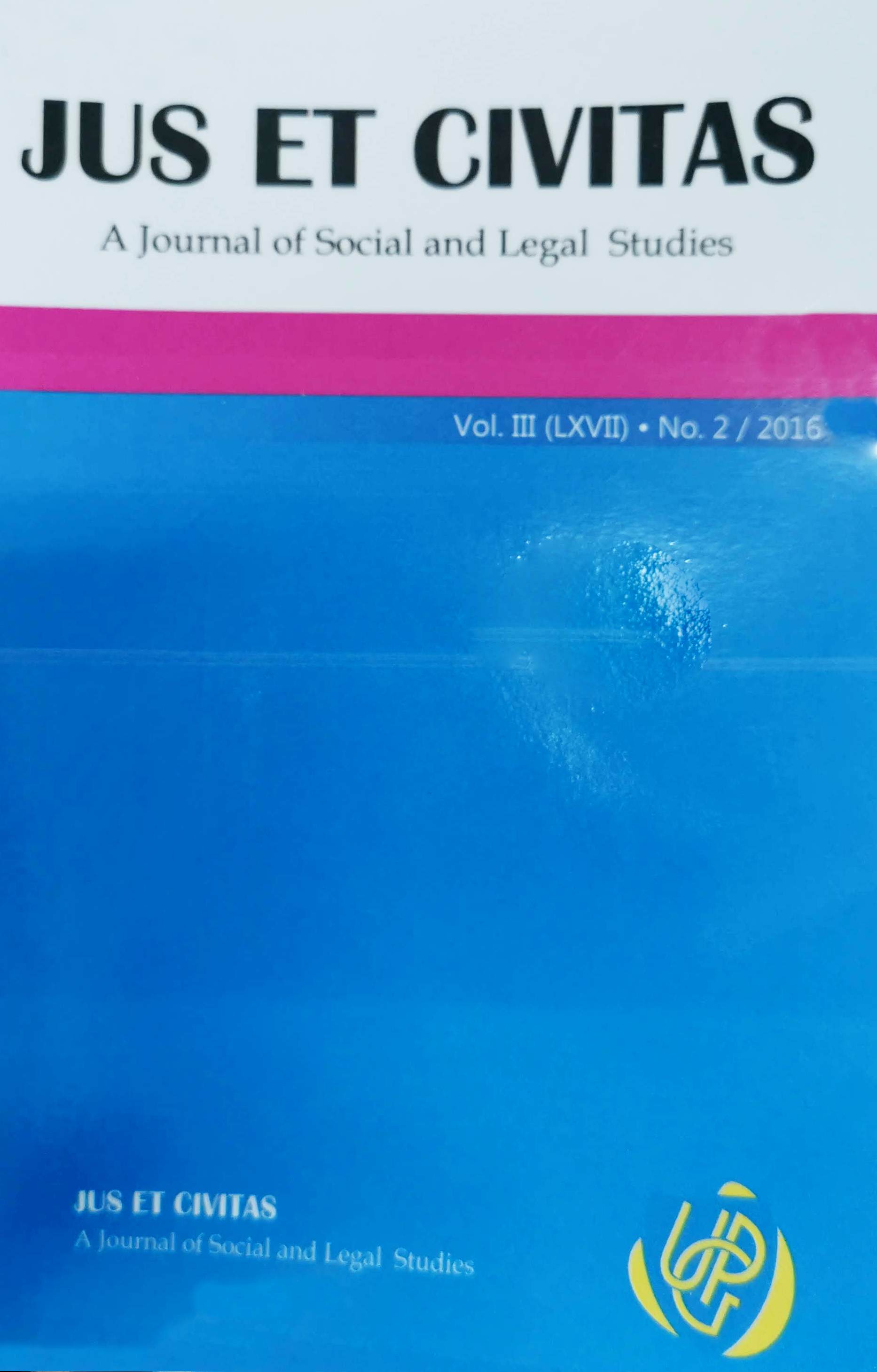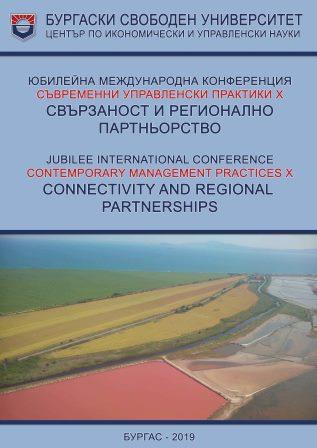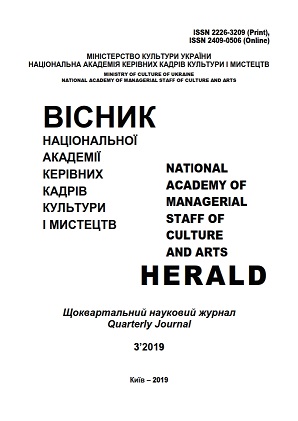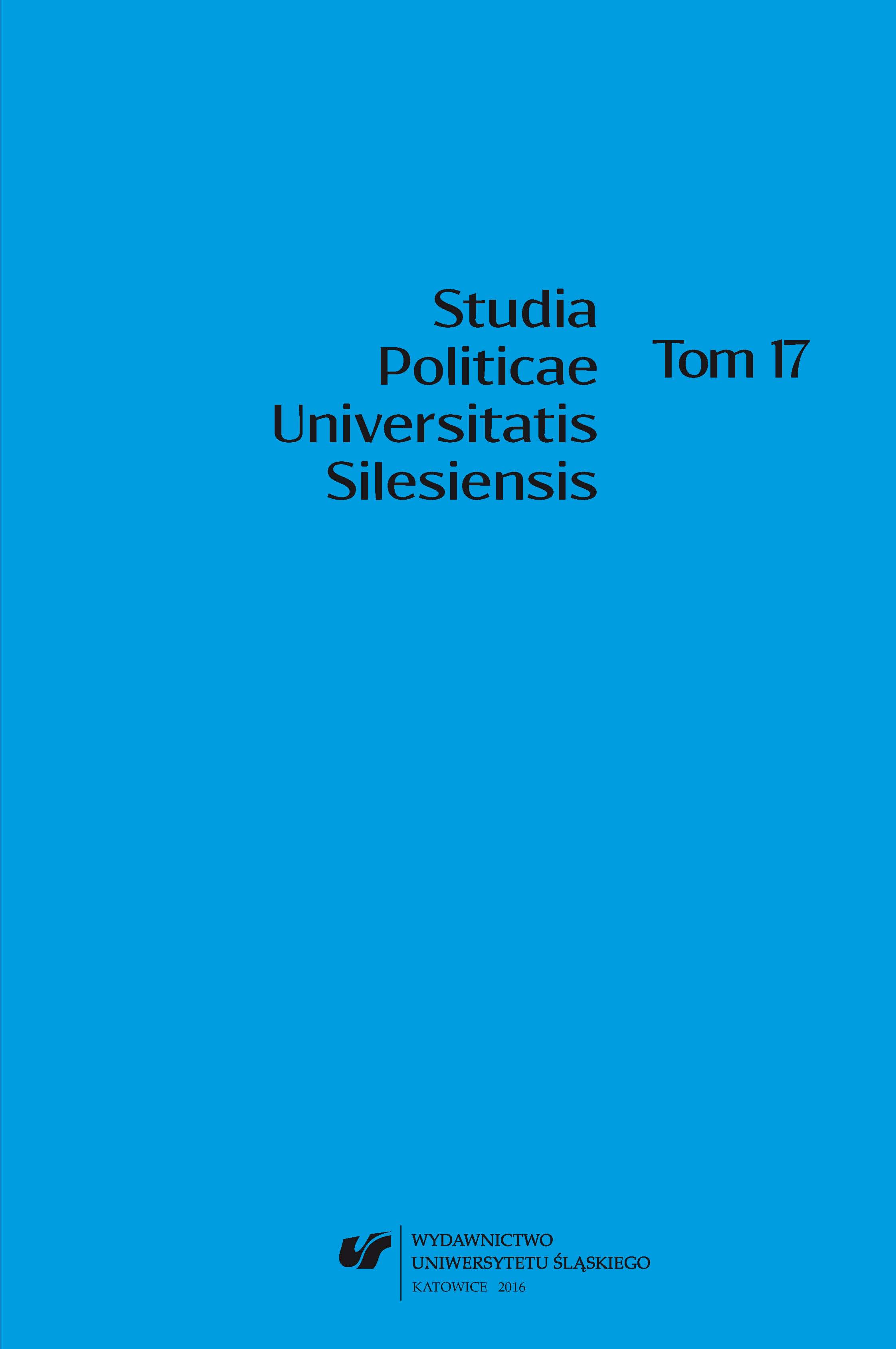
The power of words — on how the definitions of crimes in international criminal law lie at the crossroads of semiotics and manifest evil
Legal language is paradoxical: it is both open to interpretation and strict, often broad in meaning and specific in semantic content at the same time. Moreover, the legal language of criminal law is a reflection of axiological and moral values and assessments. The paper embraces that paradox and discusses two issues that stem from it in relation to international criminal law: the semantic challenges inherent in legal language pertaining to atrocity crimes and the entwined evolution of their criminal legal definitions. Its outset is the realization, that while the application of law by a court is predominantly an linguistic exercise, it must also provide specific, clear and axiologically sound solutions, absolutely necessary in the process of ascertaining the criminal responsibility of the individual. This phenomenon is especially evident in the legal language relating to international crimes, as it faces not only the challenge of being a strict definition of a crime, and thus bound to be clear and precise; it also must contend with the need to express manifest evil, as international crimes are often and rightly viewed as being singular in their heinousness. In eight parts, this article strives to present the challenges and evolution of the aforementioned issues.
More...
